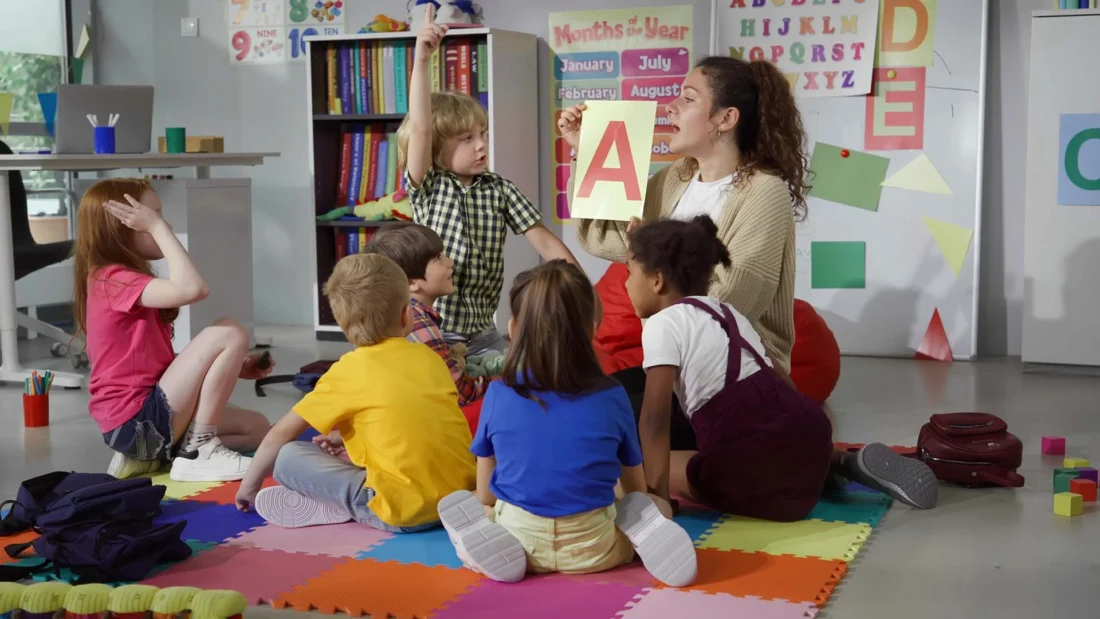Contemporary educational research emphasizes the profound impact of quality early learning experiences on children’s developmental trajectories and future academic success. The National Academy of Sciences reports that high-quality early childhood programs yield a 13% annual return on investment through improved educational outcomes, reduced special education needs, and enhanced lifetime earnings potential. Educational institutions worldwide increasingly recognize that traditional academic preparation alone fails to address the complex competencies children need for 21st-century success.

Modern curricula must integrate cognitive development with character building, emotional intelligence, and adaptive problem-solving skills. Parents and educators seeking transformative educational experiences must explore our foundations for life early learning curriculum to understand how evidence-based practices create lasting positive outcomes for young learners.
Developmental Milestone Alignment
The curriculum framework aligns with established developmental milestones while recognizing individual variation in learning pace and style. Based on Piaget’s cognitive development theory and Erikson’s psychosocial stages, learning objectives target age-appropriate competencies across multiple domains. Children aged 3-5 demonstrate significant growth in symbolic thinking, language acquisition, and social understanding when provided with structured yet flexible learning opportunities.
Research from the National Institute for Early Education Research indicates that children benefit most from curricula that balance teacher-directed instruction with child-initiated exploration. The program implements this balance through morning learning centers where children choose activities aligned with their interests, followed by structured group lessons that introduce new concepts and skills.
Developmental assessments occur through systematic observation and documentation, allowing educators to track individual progress and adjust instruction accordingly. Portfolio assessments capture authentic learning moments, providing families with comprehensive insights into their child’s growth across developmental domains.
Language and Literacy Foundation
Emergent literacy development begins with phonological awareness activities that help children recognize and manipulate sounds within words. The curriculum incorporates research-validated approaches from the National Reading Panel, emphasizing systematic phonics instruction embedded within meaningful literacy experiences.
Vocabulary development accelerates through rich conversational exchanges, interactive read-alouds, and theme-based exploration that introduces academic language in context. Children engage with diverse literature that reflects various cultural perspectives and experiences, fostering both linguistic competence and cultural awareness.
Pre-writing skills develop through multisensory activities that strengthen hand muscles and improve fine motor coordination. Sand trays, finger painting, and clay manipulation provide tactile experiences that support proper pencil grip and letter formation. Daily journaling encourages creative expression while reinforcing letter-sound relationships and early writing conventions.
Mathematical Reasoning Development
Mathematical concepts emerge through hands-on exploration with concrete materials that help children understand abstract relationships. Number sense develops through counting games, pattern recognition activities, and comparative analysis using real-world objects. Research from the National Council of Teachers of Mathematics supports this manipulative-based approach for building conceptual understanding.
Spatial reasoning strengthens through block building, puzzle solving, and geometric shape exploration. These activities support later success in algebra and geometry while developing problem-solving strategies and perseverance. Children learn to articulate their mathematical thinking through group discussions and individual explanations.
Scientific Inquiry and Discovery
The curriculum fosters scientific thinking through guided investigations that encourage hypothesis formation, data collection, and conclusion drawing. Weather observations, plant growth experiments, and simple physics demonstrations help children understand cause-and-effect relationships while developing critical thinking skills.
Nature-based learning experiences connect children with their environment while teaching observation skills and scientific vocabulary. Garden projects demonstrate life cycles, nutrition concepts, and environmental stewardship, creating meaningful learning contexts that extend beyond the classroom.



